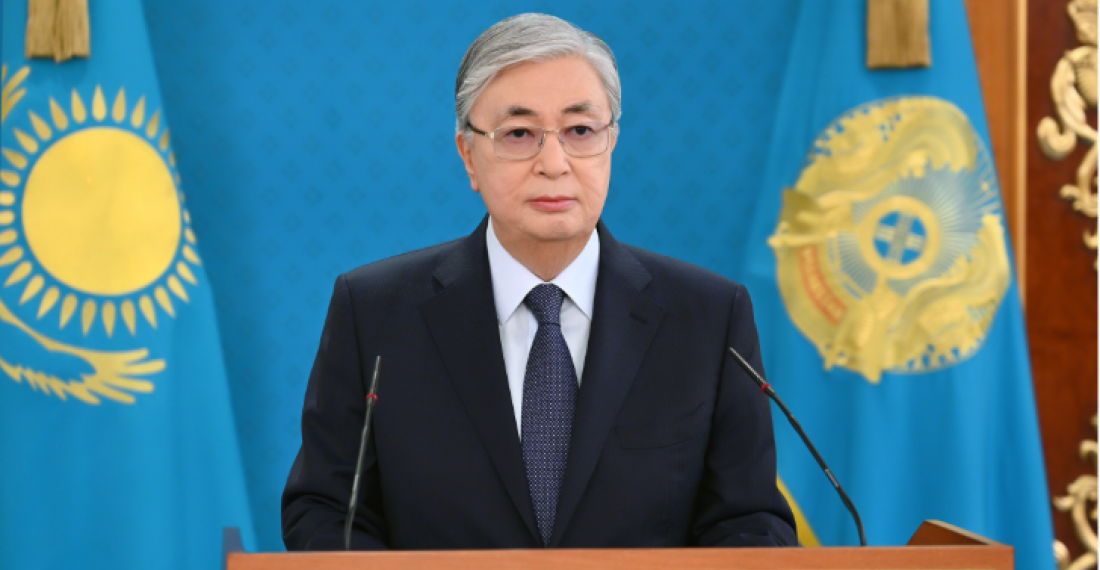Kazakh President, Kassym-Jomart Tokayev, has emphasised the need for his country to pursue a balanced and constructive foreign policy
The president was speaking in Shymkent during a working visit to the city on Tuesday (27 September). As regards internal affairs, Tokayev said that Kazakhstan’s top priorities are unity and harmony.
In his speech the Kazakh President gave some indication how a balnced Kazakh foreign policy will look like. According to Tokayev, the country will develop “allied relations with Russia", "eternal strategic partnership" with China and the "strategic partnership" with the United States, as well as comprehensive cooperation with the fraternal Central Asian states, namely with Uzbekistan, Kyrgyzstan, Turkmenistan, Tajikistan, as well as with Turkey.
“In addition we will pursue the development of mutually beneficial ties with all interested states around the world, whether in Asia, the Middle East or the European continent. I am certain that such a foreign policy is in the interest of our nation,” Tokayev said.
In his address, the President highlighted that Kazakhstan’s interests are at the center of the country’s efforts on the international arena.
“We will fight for the supremacy of international law and the UN Charter. Strengthening the principles of justice in international relations, non-interference in internal affairs, and respect for the sovereignty and territorial integrity of states are of paramount importance for us,” he said.
Tokayev also stressed that in a challenging geopolitical context when the situation is exacerbated by the sanctions and the looming confrontation between the major powers, it is critical to maintain the people’s unity.
“Our unity is the source of prosperity. These are profoundly meaningful words. Prosperity is synonymous with economics, whereas unity is connected with politics. We will only be able to thrive and progress if we can maintain peace in the country. We do not need external enemies or internal strife,” Tokayev said.
The newspaper Astana Times reported that during his visit to Turkistan earlier today, President Tokayev said that Kazakhstan favors neutrality in the current geopolitical situation and encouraged citizens to adhere to the nation’s values of unity and tolerance to preserve peace in the region.







